Beauty and Virtue
About this Collection
Francis Hutcheson entered a controversy among moral philosophers over whether or not human nature was primarily “benevolent” or “selfish”. The former position was taken by the Earl of Shaftesbury in Characteristicks of Men, Manners, Opinions, Times; the latter position by Bernard Mandeville in The Fable of the Bees which was provocatively subtitled “or Private Vices, Publick Benefits.” Hutcheson took Shaftesburys side against Mandeville in this debate.
See the “Images of Liberty” illustrated essay on Shaftesbury’s Illustrations for The Characteristicks of Men.
Titles & Essays
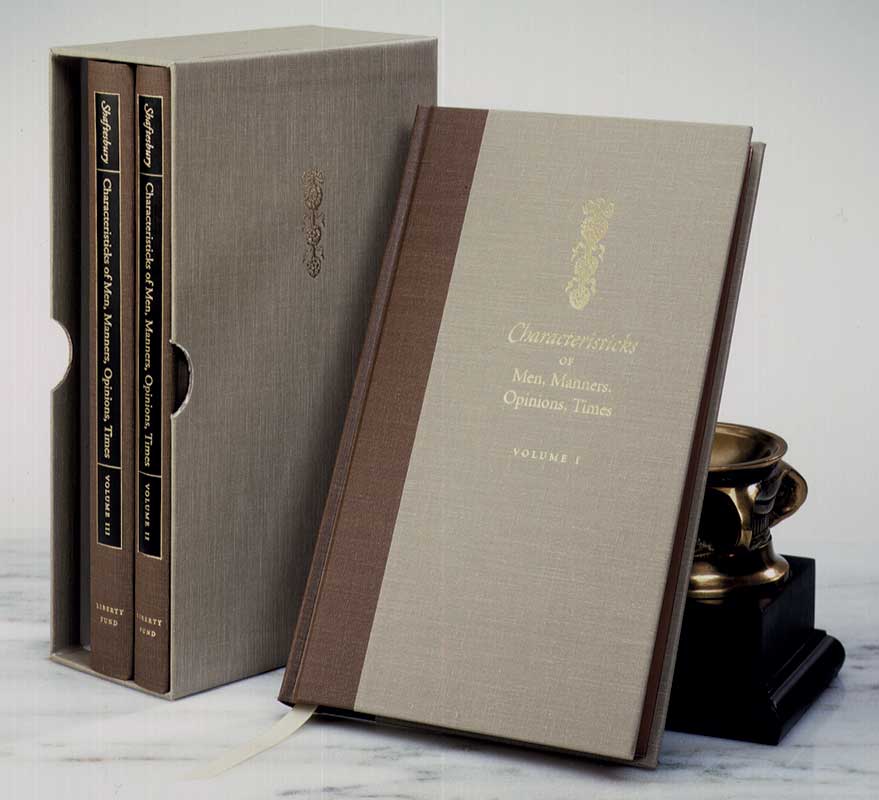
Anthony Ashley Cooper, Earl of Shaftesbury (author)

Anthony Ashley Cooper, Earl of Shaftesbury (author)

Anthony Ashley Cooper, Earl of Shaftesbury (author)

Anthony Ashley Cooper, Earl of Shaftesbury (author)
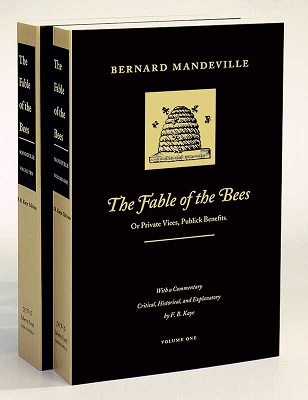
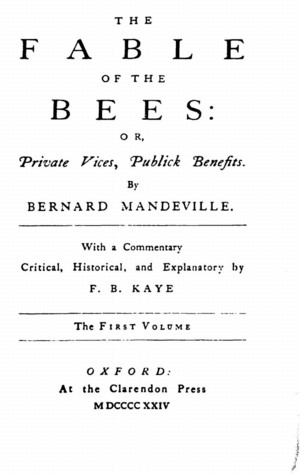
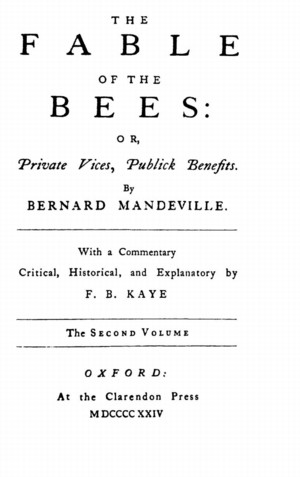
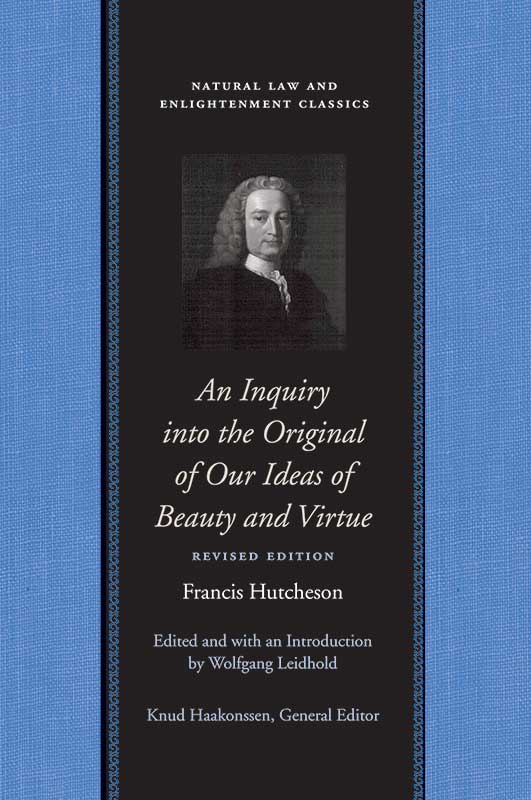
Francis Hutcheson (author)